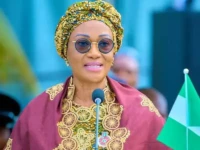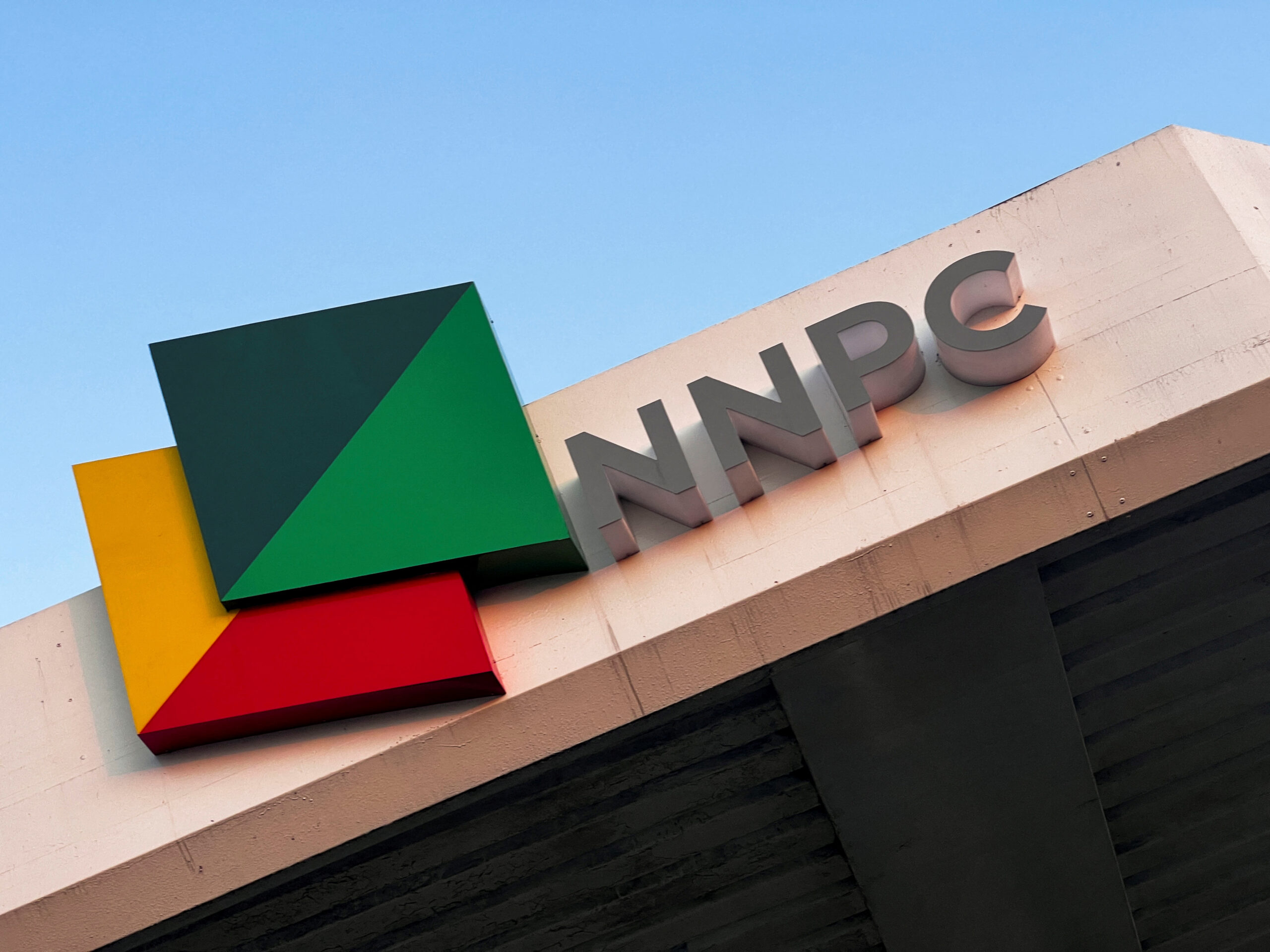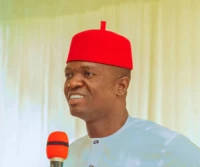Senegalese-American singer Akon claimed a significant role in the creation of the Afrobeats genre through his collaborations with Nigerian artists and music executives in the late 2000s and early 2010s, as stated in an interview with Sherri, reported by Daily Post Nigeria, CreebHills, and Pulse Nigeria. Akon, head of Konvict Muzik, highlighted signing Wizkid in 2008 as a pivotal moment, followed by partnerships with artists like Banky W, P-Square, and D’banj, which he credits for laying the foundation of modern Afrobeats. He stated, “2008 was my last official album, which was the ‘Freedom’ album. And then I was producing the music for the 2010 FIFA World Cup in South Africa. From there, I went to Nigeria. What we created in Nigeria was what you see now and hear now as Afrobeats,” per Daily Post Nigeria.
Akon’s work with Nigerian artists, including P-Square’s 2012 hit “Chop My Money (Remix)” featuring him, helped elevate Afrobeats’ global profile, per Pulse Nigeria. He described himself as a “beacon to somebody’s success,” believing his efforts opened doors for African music worldwide, particularly after his 2010 World Cup involvement, per CreebHills. X posts, such as @fcspokesman’s on April 30, echoed Akon’s claims, quoting him on signing Wizkid and developing acts like P-Square and D’banj, though @A_RWAC challenged his narrative, reflecting mixed sentiments, per post:7,5.
Afrobeats, distinct from Fela Kuti’s Afrobeat, emerged in the 2000s as a fusion of hip-hop, highlife, jùjú, dancehall, and R&B, primarily from Nigeria and Ghana, per Wikipedia. While artists like 2Baba and D’banj pioneered the sound, Akon’s international platform, including collaborations with Wizkid’s early tracks and P-Square, amplified its reach, per Official Charts. Pulse Nigeria notes Akon’s 2000s popularity in Nigeria, where his music was a staple, making his partnerships culturally significant. However, producer Samklef credited his beat for Wizkid’s “Don’t Dull” as sparking Akon’s interest, suggesting local contributions were equally vital, per post:2.
By 2011, D’banj’s “Oliver Twist” hit number 9 on the UK Singles Chart, a milestone for Afrobeats, supported by Akon’s network, per Wikipedia. BBC News quotes Akon recalling resistance from U.S. labels in the early 2000s, who mistook Afrobeats for reggae, underscoring his role in advocating for the genre’s distinct identity. Rolling Stone highlights Nigeria’s 206 million population and music ecosystem as key to Afrobeats’ dominance, but Akon’s early endorsements, like signing Wizkid, aligned with this growth, per post:0. Critics argue Akon overstates his role, as Nigerian artists and producers like Don Jazzy were already shaping the sound, per post:5. Despite this, his contributions, including the 2024 EP Afro-Freak, reflect ongoing commitment to Afrobeats’ global push, per Pulse Nigeria.












Im not sure if Akon really had a pivotal role in shaping Afrobeats. Seems like a bold claim to me. What do you all think?
I dont buy it! Afrobeats was already on the rise before Akon claims he shaped it. Lets give credit where its due.
I dont buy Akons claim. Afrobeats was already thriving in the late 2000s without his pivotal role. Lets give credit where its due!
I dont buy Akons claim. Afrobeats was already flourishing before his supposed pivotal role. Lets not rewrite history.
I dont buy Akons claim. Afrobeats existed long before he got involved. Hes just riding the wave.
Interesting take, but lets not overlook the contributions of other artists in shaping Afrobeats. Collaboration is key!